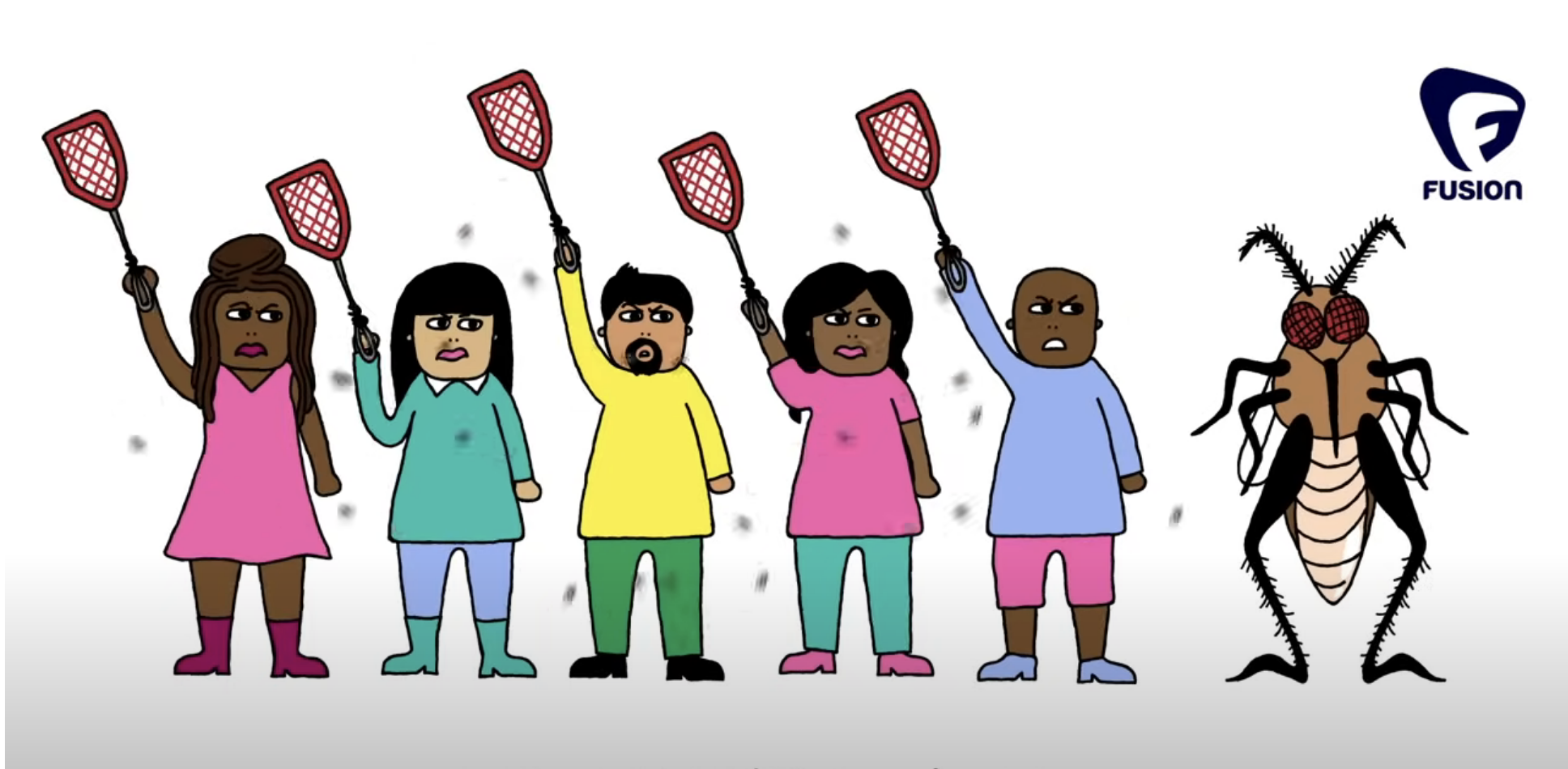A large proportion of the teaching and research staff at Dutch universities have problems with the workload and/or inappropriate behaviour. And even though this has been a known issue for a while, universities are still not managing to deal with it systematically. These ‘hard’ conclusions, in the inspectorate’s own words, are formulated by the Labour Inspectorate in a report presented to the Dutch Parliament yesterday.
Like all other employers, universities are required by the Working Conditions Act to have policies and measures in place to minimize psychosocial work stress. The Labour Inspectorate had carried out an assessment previously to see whether universities were complying with this requirement.
‘It is clear the universities need to do more to ensure a healthy and safe working environment’, concludes the inspectorate in this new report. ‘While the universities have taken measures, they are mainly aimed at the individual and do not do enough to remove the underlying causes. In addition, employees are not well informed about these measures and therefore do not make much use of them.’
Shocking
Because this investigation is intended as a monitoring instrument, it will not result in any sanctions. But the Labour Inspectorate warns it will ‘act to enforce the rules’ if it finds in next year’s inspections that universities have not taken the necessary measures.
I’m not surprised by the results; I recognize the picture presented in this report
Blair van Pelt, lucturer Farming Systems Ecology
The trade union FNV calls the findings shocking. ‘We can’t go on like this,’ says trade union leader Bernard Koekoek. ‘Higher education is crying out for solutions.’ FNV thinks the reports on the individual universities, which the inspectorate has sent to the executive boards in question, should be made public. ‘So that the problems affecting each individual university can be discussed with them.’
‘I’m not surprised by the results; I recognize the picture presented in this report,’ says Blair van Pelt — in her capacity as a lecturer Farming Systems Ecology. In her other capacity as chair of the WUR Council, she will not yet be making any comment. ‘The Council has not yet received the report officially and so we haven’t been able to discuss it,’ she explains.
Findings
The report is based on investigations carried out by the Labour Inspectorate at 14 Dutch universities, including Wageningen. This included an online survey among research and teaching staff and interviews with confidential counsellors and members of staff councils. Working conditions documents were also analysed.
According to the report, over 70 per cent of university staff say they experience stress more than occasionally due to work pressure. Employees also say they systematically have to cope with more tasks and responsibilities than what was specified when they were appointed. On average, they work six more hours a week than was agreed in their contract. At the same time, the universities have little insight into the hours that staff work in practice.
Bullying
The inspectorate also looked at inappropriate behaviour. 54 per cent of the respondents said they had personally experienced inappropriate behaviour in the past two years; 69 per cent had seen co-workers suffering from such behaviour. Bullying was the most common form, followed by discrimination. The hierarchical structure and the pressure to perform were given as the most important reasons for systematic inappropriate behaviour.

 According to the report, over 70 per cent of university staff say they experience stress more than occasionally due to work pressure. Photo Shutterstock
According to the report, over 70 per cent of university staff say they experience stress more than occasionally due to work pressure. Photo Shutterstock 

